“Land regularization as a guarantee of women’s land rights” is one of the best resilience practices developed by the organization Espaço Feminista do Nordeste para a Democracia e Direitos Humanos (Brazil), one of the members of the Feminist Land Platform (FLP).
Founded in 2008, Espaço Feminista works in areas such as:
- Production of knowledge about the situation of women, carrying out various studies, research and publications.
- Training processes aimed at valuing women as autonomous subjects (citizens) and encouraging their participation in public policy formulation and monitoring spaces.
- National and international articulation and advocacy.
FLP recently mapped some of the best resilience practices of our members so that other communities and organizations can learn and adapt tools and strategies to their local realities. In this article we’ll talk about one of the inspiring practices developed in Brazil by Espaço Feminista (EF).
This is part of a series of articles detailing the best practices of each FLP organization. Check out our blog to read the others!
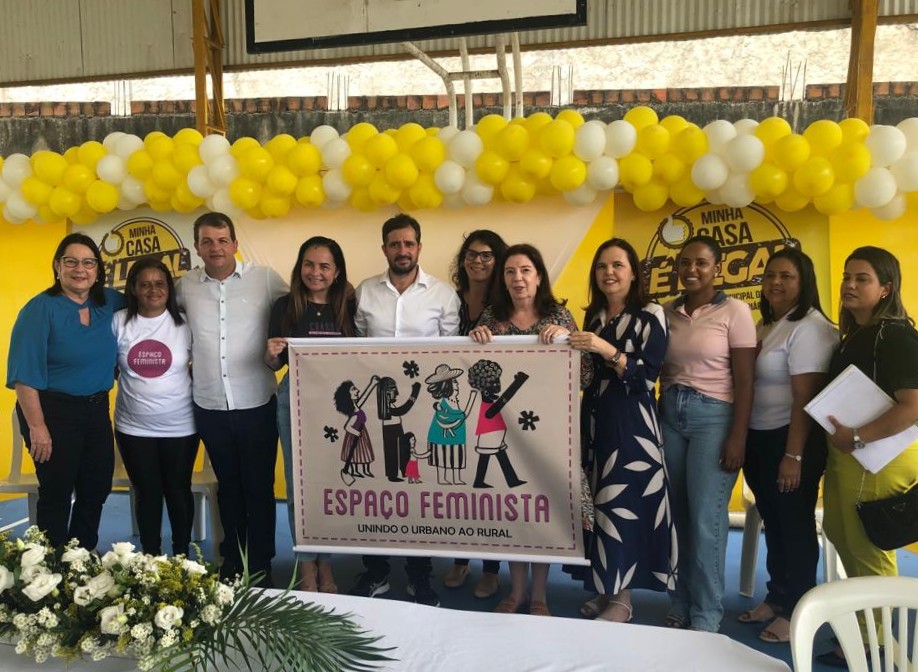
Land regularization as a guarantee of women’s land rights
This practice is currently developed in the municipality of Bonito, in the state of Pernambuco (Brazil), in 15 informal settlements that were created by the municipal government but never regularized.
Through this work, Espaço Feminista aims to address the inequality of land and housing rights for women, low-income families and single mothers (or solo women families). Therefore, they look at land and housing rights from a women’s land rights perspective.
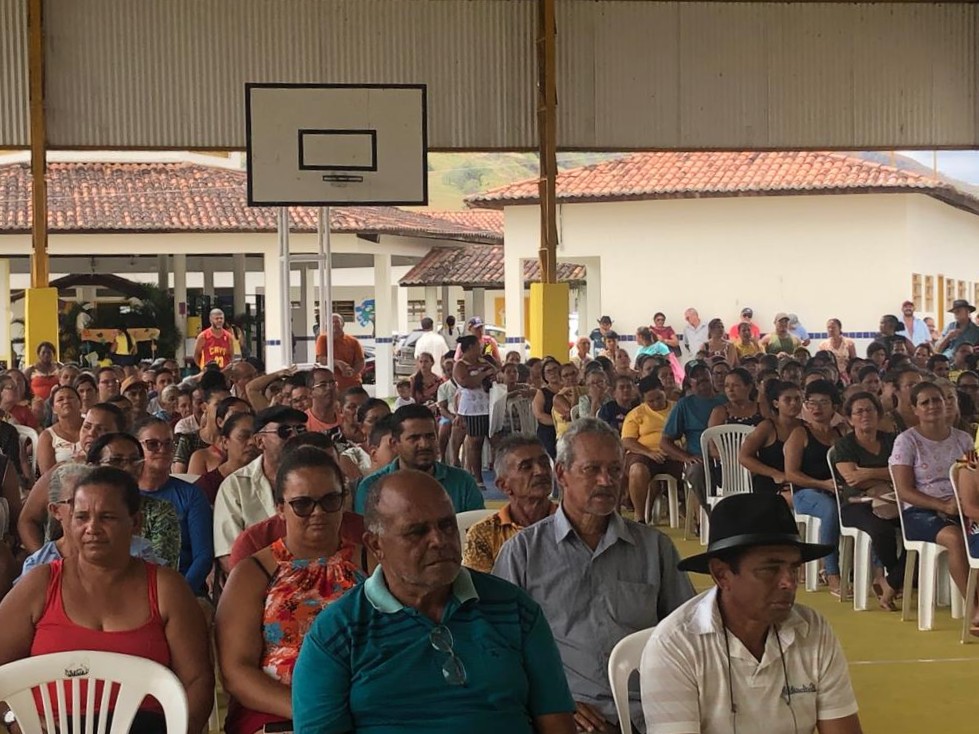
“We are addressing and analyzing all the perverse consequences that lack of land and housing rights cause in terms of insecurity and violence in women’s lives and livelihoods”, explains Patrícia Chaves, Espaço Feminista’s executive director.
EF works in partnership with the municipal government of Bonito, targeting to ensure security of land to an estimated 5,000 families in the 15 informal settlements. The work includes a socio-economic cadaster of all families living in the informal settlements, a topographic survey with identification of each property, a survey of the infrastructure of the settlements and individual interviews for data and document collection.
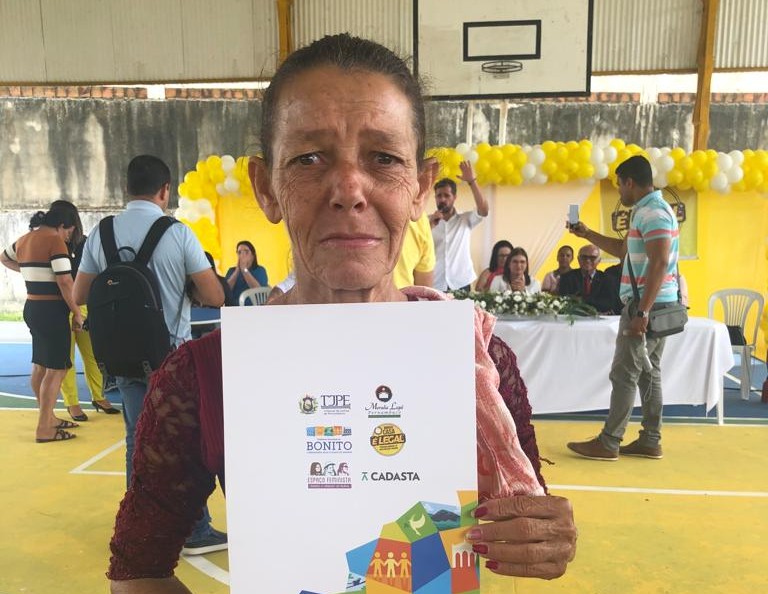
Espaço Feminista empowers the technical team of the “Minha Casa é Legal” program from Bonito’s City Hall on legal aspects, especially on how to ensure that priority is given to women. In addition, it writes the project that is later sent to the registry office. The action also has a local team that develops awareness workshops with residents, taking questions and guiding them to ensure preference at the time of titration.
So far, 4 of the 15 areas have been completed and the surveys are being made in 5 other areas.
This practice proves to be effective in ensuring autonomy, land security and housing for women and their families, especially those who suffer from greater vulnerability because they have a very limited knowledge about their rights or are in informal relationships with their partners. Many are the second wives and are vulnerable to the informal market of lot selling.
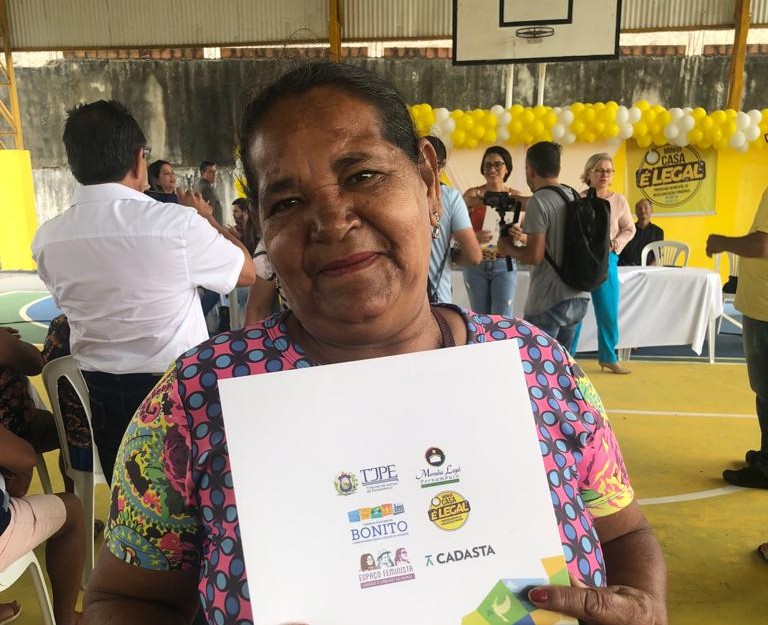
It also promotes the autonomy and empowerment of women at multiple levels, such as the autonomy in deciding on their residence, ensuring security for the next generations and the potential to generate financial autonomy with the security of the land in their name.
“This document is a blessing. I thought that my house would never have a document. And today I have it in my hand, thank God!”, said beneficiary Maria Madalena da Silva in the video below, made by Espaço Feminista:
“Our work is a way to overcome injustice that women face due to informality and its consequences, such as informal transactions without their knowledge or consent and also issues of patrimonial violence embedded in our patriarchal culture and very present in the lives of low-income women, living in complete informality”, adds Patrícia Chaves.
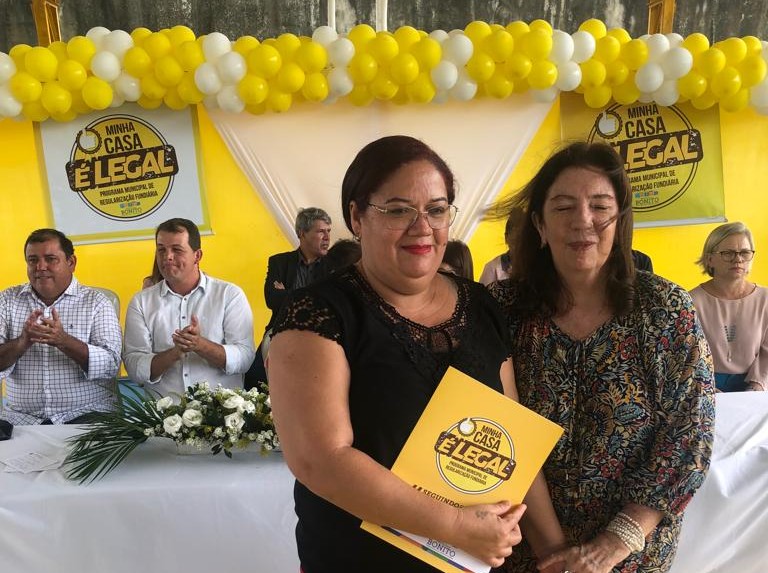
Some of the results obtained so far:
- On March 11, 2021, the first area with 479 properties (land and the house) was registered and certificates were handled to the residents, of which 69% on the name of women, being in individual or joint titles.
- On March 11, 2022, the second area was delivered, this time benefiting 150 families, of which 50% went to women as an individual registry and another 35% were joint titles – woman and man – but of these 69% had the name of the woman as the first holder.
- The third area, called Frei Damião, was concluded and handled in November 2022, directly benefiting 741 families. More than 70% of the land titles had the women as the beneficiaries. In this area the number of single mothers was very high, and EF is developing an analysis of the results and is also building the conditions to do an impact assessment.
- The fourth area, Ben-ti-vi, has been concluded. Land tiles will be handled to 280 families, most of whom are women.
- The practice is structured, very well documented and disseminated and offers a series of possibilities for future evaluation on the direct impact on the lives of women and their families, especially women caregivers who in many cases care for grandchildren to allow their daughters to work.
For more information about this practice, watch the video on Cadasta’s YouTube channel:
As partners for this practice, Espaço Feminista counts on the Municipal Government of Bonito; Attorney General of the Municipality of Bonito; Real Estate Registry Office of Bonito; and the Court of Justice of the State of Pernambuco. The work is supported by the WellSpring Philanthropic Fund, Landesa and Cadasta Foundation.
You might also like to read: Transforming our cities by addressing gender deficit in land titles in Brazil, published by Patrícia Chaves on Urbanet.
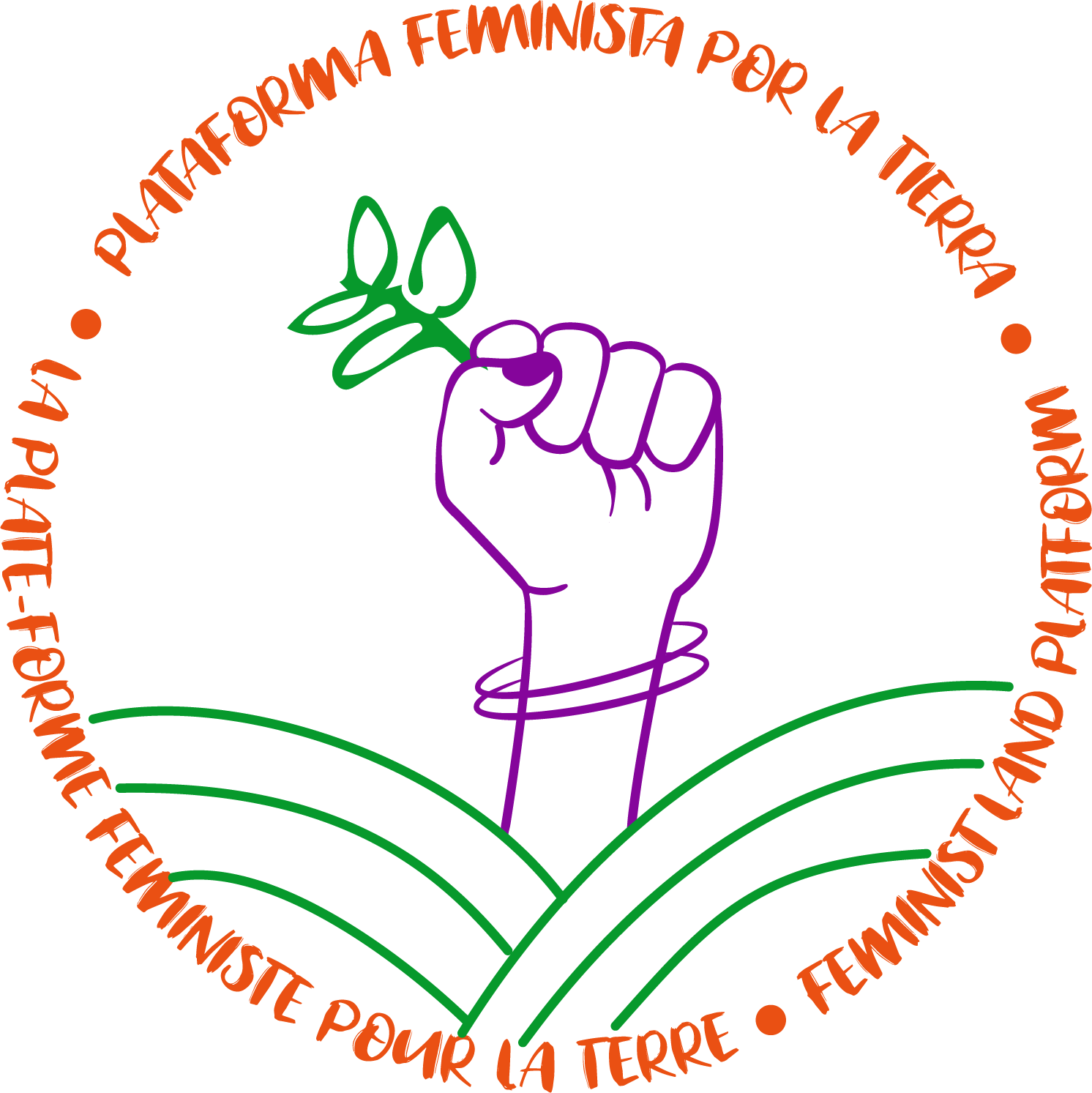
No comment yet, add your voice below!